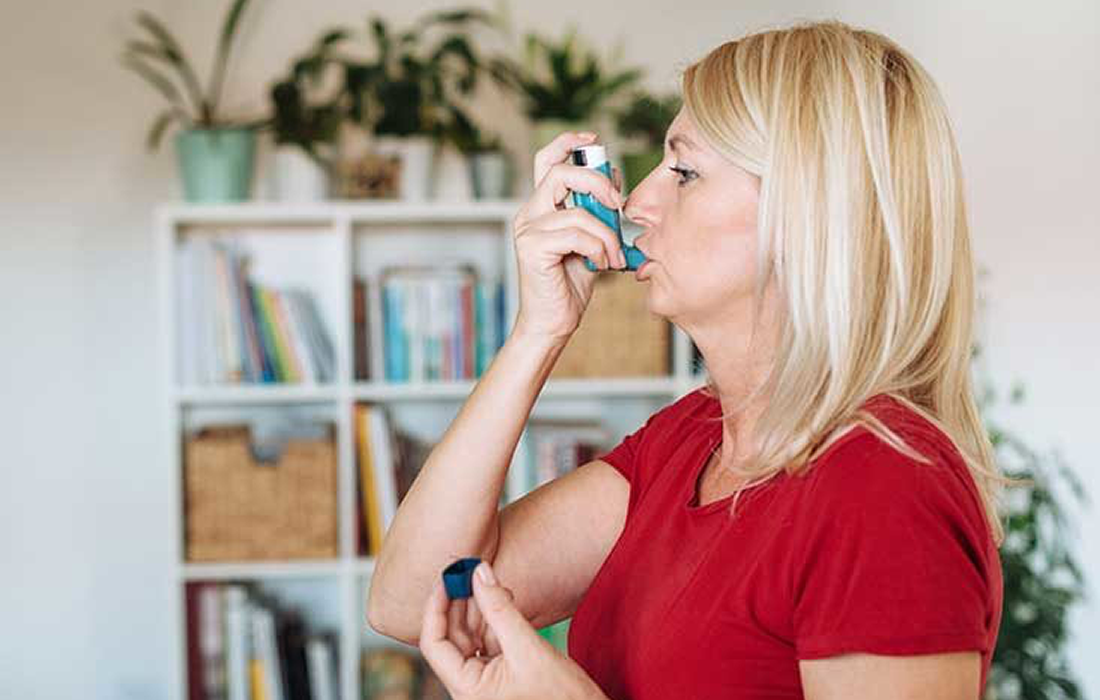COVID-19
New Study Suggest That Atopic Conditions Like Asthma Are Linked to Lower Likelihood of Developing COVID-19
The COVID-19 pandemic has taken a heavy toll on the health of populations globally. Risk factors for severe and fatal disease are well recognised, and included male sex, black or Asian ethnic origin, obesity, deprivation and a range of comorbidities including diabetes mellitus, cardiovascular disease, COPD and hypertension.
There is growing evidence for population-based studies to suggest that at least some risk factors for developing COVID-19, irrespective of severity, may be distinct from those which predispose to disease at the most severe end of the spectrum.
One study from the UK reported a decrease, rather than increased risk of SARS-CoV seropositivity. These paradoxical associations are potentially attributable to changes in behaviour in response to the pandemic, where people at greater risk of severe disease due to older age or presence of comorbidities may reduce social contact and visits to indoor public spaces in order to reduce their exposure.
New Study Findings
A new prospective longitudinal study published in the journal Thorax evaluated the incidence of test-confirmed COVID-19 in a population of the U.K.
They found that Asian or Asian British ethnicity and high BMI were associated with a higher risk of developing COVID-19 and that atopic conditions, like asthma, eczema and hay fever (allergic rhinitis) were associated with a decreased risk of developing COVID-19.
During the study, 15,227 participants were followed and 446 COVID-19 cases were detected (3%).
The researchers think that their findings of decreased risk in allergic patients and people with asthma may reflect lower levels of expression of ACE-2, which is the receptor for SARS-CoV-2.
By contrast in their study a number of established risk factors for severe and fata disease, including older age, male sex and underlying conditions such as diabetes, heart disease, COPD and hypertension, were not associated with riks of developing COVID-19, where cases were predominantly mild (93.1% non-hospitalised).
They also found no association between kidney disease and susceptibility to COVID-19 contrasts with that of another study by Lusignan et al, who reported such an association in a study conducted earlier in the UK when testing was limited to those with more severe COVID-19 illness presenting to hospital, which could have resulted in bias from focusing testing on more severe disease in that study may have contributed to their findings.
Source:
Hayley Holt, et al. Risk factors for developing COVID-19: a population based longitudinal study (COVIDENCE UK). Thorax. 2021. doi:10.1136/ thoraxjnl-2021-217487.
Image from:
https://www.healthline.com/health/asthma

